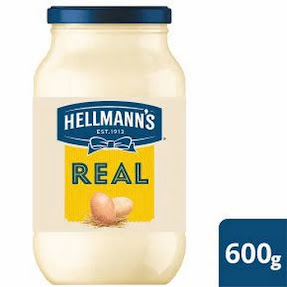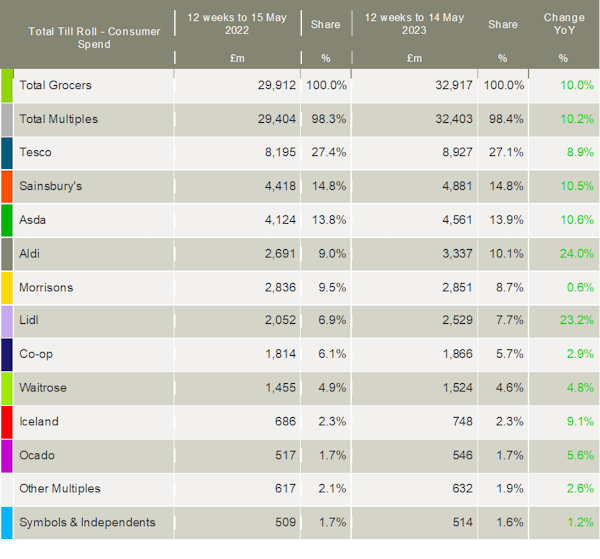 Around 7,000 Asda workers are facing a potential cut in their pay as the debt-laden supermarket group seeks further cost savings.
Around 7,000 Asda workers are facing a potential cut in their pay as the debt-laden supermarket group seeks further cost savings.
Asda’s owners, the Issa brothers and private equity firm TDR Capital, have been looking to make savings across the business after the cost of servicing the debt on their £7bn acquisition soared as interest rates rose. They are reportedly working on plans to merge the supermarket with their petrol forecourts business EG Group in a move designed to reduce their joint debt burden.
The GMB union claimed that those that do not agree to the pay change will have the new contract imposed on them and could be dismissed if they refuse to sign. The union, which represents many of the supermarket’s workers, stated that the proposed pay cut was “classic private equity slash and burn tactics” ahead of the potential £11bn merger with EG.
Nadine Houghton, GMB organiser, said: “Cutting the pay of 7,000 low-paid retail workers during a cost of living crisis is inexcusable.”
Houghton added: “These slash and burn tactics, along with food and fuel price increases, will only ramp up if the merger goes ahead.”
A spokesperson said: “We are holding a collective consultation in a small number of stores outside the M25 where colleagues are currently paid a legacy location supplement.
“This supplement is out of line with the wider retail market and has created an anomaly where some Asda colleagues in stores that are close together are paid different rates. As part of this consultation, we are discussing a compensatory payment for colleagues in return for the removal of this location supplement, if the proposal goes ahead.”
NamNews Implications:
- There could will be troubles ahead…
- Especially given the assumption that an unanticipated rise in interest rates from 1% to 4.5%+…
- …should be funded via workforce wages.
- Although this is a different business model, the JLP reduction/non-payment of bonus will be a big demotivator.
- …at least!
#Interest #DebtBurden #Inflation







